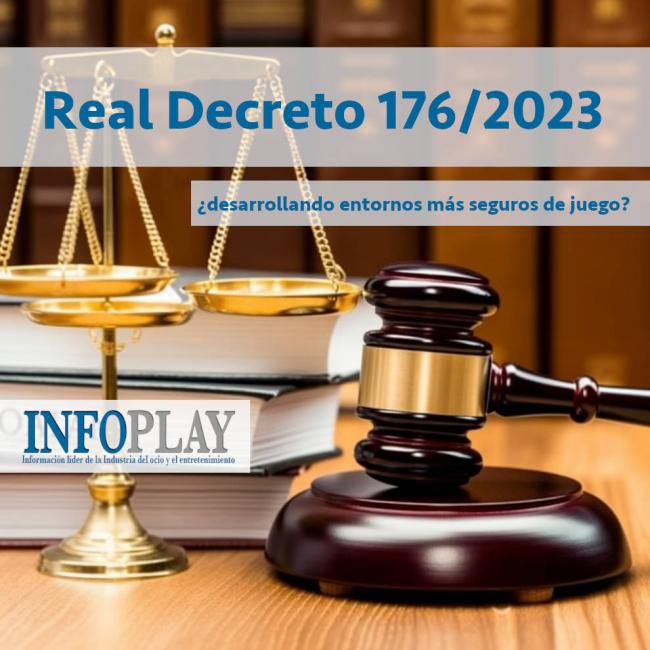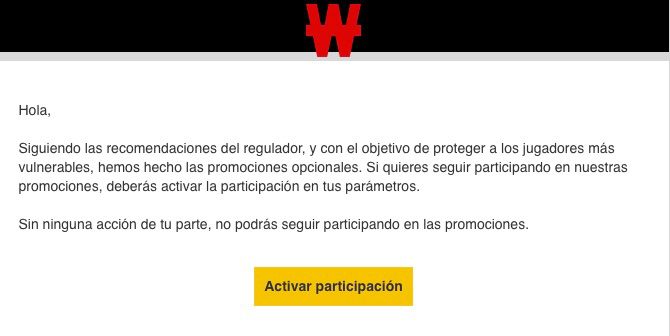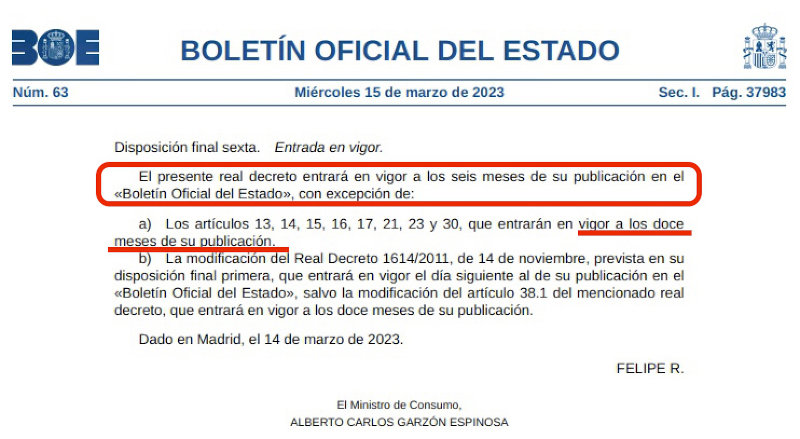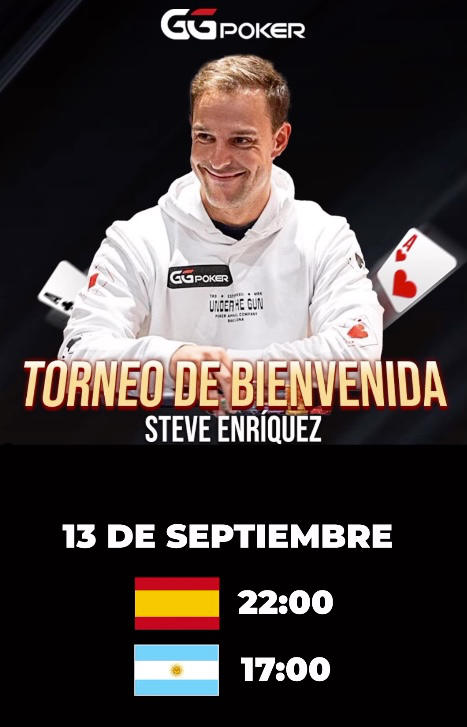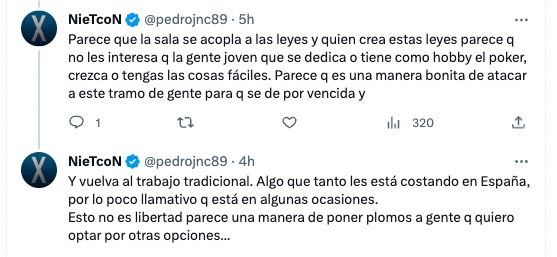We analyze the initial reactions of players, operators, and the articulated text of the Royal Decree 176/2023, of March 14, and determine whether, in addition to acting with ethics, integrity, and transparency, it can impact the efforts of the Regulator and operating companies to promote responsible online gaming.
Online gaming in Spain continues to see its promotional possibilities limited. Not only in the audiovisual or commercial field as already addressed by the Royal Decree 958/2020, of November 3, on Commercial Communications of gaming activities; but now the communication possibilities to the already registered players in the regulated operators are also reduced.
They are even divided into categories such as "privileged clientele", "young participants", or players with "intensive gaming behavior"...
We try to explain the implications of the Royal Decree 176/2023 of March 14, in which the Ministry of Consumption claims to develop safer gaming environments that were already contemplated but had not yet been addressed in Law 13/2011, of May 27.
1. Summarizing Royal Decree 176/2023, of March 14
This new decree, "by which safer gaming environments are developed", was published in the BOE on March 15, giving a 6-month margin for most measures to come into effect (meaning they have been active since last Friday, September 15, 2023). We will have to wait until March 2024 to see others in operation.
This Royal Decree generally addresses several aspects not previously regulated in online gaming, mainly affecting communications between licensed operators and some of their clients.
The 23 pages of the document can be divided into four main blocks:
1.1 Measures regarding the protection of "participants with intensive gaming behavior":
Section 1 of Chapter III of the Royal Decree contains Articles that seek to protect customers who develop "intensive gaming behavior". In addition to the conditions a player must meet to enter this sphere, we find Articles with specific measures, such as those related to specific messages that operators must inform players about their intensive gaming behavior, providing objective data on their consumption pattern, for example in a monthly summary.
Other measures include the prohibition of using credit cards to reduce the risk of debt that their activity can generate.
1.2 Definition and protection of "young participants":
"Young participants" are defined as players aged 25 or younger. This categorization was striking for discriminating against a group that is of legal age, established by the Constitution at 18 years.
In any case, targeting this segment of players is especially mentioned when talking about participants with intensive gaming or categorized as vulnerable. This means that most measures applicable to this age group are if they belong to the privileged clientele status and are also under 26 years old.
Among the actions found in the Royal Decree is the appearance of specific messages in the gaming session and other ways in which operators must inform young players about the risks associated with gaming, especially at early ages.
1.3 Protection of "participants with risky gaming behaviors":
Section 2 of Chapter II details some characteristics of "risky gaming behaviors", in addition to taking measures such as operators having to establish mechanisms for detecting risky behaviors, and the obligation to inform the regulator annually about the protocols implemented and the total number of affected people.
1.4 Measures for "self-excluded participants":
Chapter III in its section 3 focuses on participants who have exercised their right to go to self-prohibition or self-exclusion protocols, two measures with years of implementation, proven success, and monitoring by the DGOJ.
In addition to the 34 articles divided into three Chapters, we also find additional provisions at the end of the document, which mostly modify aspects addressed in the article itself and that were previously addressed in the Gaming Law 12/2011 of May 27 or in Royal Decree 1614/20211 that developed the key aspects of that main standard.
2. MEASURES SUITED TO THE PURPOSE
Undoubtedly, the most constructive rules are those that would be included in sections 1.3 and 1.4 of the division we have made of the Royal Decree, those related to the detection and communication with "participants who show risky gaming behaviors" and with "self-excluded participants."
We want to highlight first the attempt of the Royal Decree to inform both the player directly and through the promotion of campaigns about safe and responsible gaming policies. Strengthening the areas of operators and their obligations is natural and reasonable; especially to gather useful information through studies to protect players who have recognized having a gaming problem and have chosen to self-exclude.
About a dozen measures from as many articles, we believe, seek to identify and protect players who show signs of problematic gaming behavior. Something that operators have been doing for some time but that with this new regulatory framework is significantly expanded.
Among them, measures consistent with the purpose of the Decree include:
- The rule that requires operators to designate a person responsible for safe gaming who will act as a point of contact with the authority in charge of gaming regulation and will supervise the safe gaming policies implemented by the operator and will prepare the active safe gaming measures plan and an annual report on the activities carried out by the operator in this area. An appointment that "will be communicated to the authority in charge of gaming regulation for registration in the Register of Persons Linked to Gaming Operators."
- The obligation to establish a helpline for players who wish to have more information on this matter.
- Create hourly alerts (in products licensed as "Other Games") showing potential loss and playing time.
The text also establishes certain prevention mechanisms, including general information and protection obligations for all gaming operator´customers.
It is also noteworthy that in Article 12, operators are required to send a specific message to new players, although the content of this message is also open to debate, as we will see in the next section.
3. SOME QUESTIONABLE MEASURES
However, especially in Articles that we mentioned in sections 1.1 and 1.2, we find more questionable measures. For example, reducing or even preventing access to promotions for certain demographic groups (under 26) is something that has already caused controversy among the poker and betting community in Spain.
Among the debates that have opened on Twitter about this, one in which a well-known professional poker player compares this "overprotection for those under 26" with, for example, the possibility opened by the "Trans and LGBTI Law" that those over 12 can request a legal gender change, but a 24-year-old cannot access a rakeback promotion from their poker room for making deposits that allow them to secure a sufficient bankroll to play the number of tournaments or poker hands required by their professional dedication.
While it seems entirely legitimate and logical to reinforce information and protection policies for vulnerable participant groups or at-risk groups, singling out young people aged 18 to 25 just for being so and significantly altering variables such as "income" or "losses" to consider them as players with "intensive behavior" does not seem to be supported by real data.
At the same time, the creation of an INTENSIVE PLAYER profile, whether it's a product like exchange betting or poker, or a casino game, ignores fundamental aspects of the game's nature.
Not to mention how, unlike what is seen in some regulations (for example, in provinces of Argentina), the profiling does not take into account the player's economic capacity.
That's why in the next section, we focus on the unintended consequences that this Royal Decree may cause from now on...
4. UNINTENDED CONSEQUENCES TO COME
The Royal Decree on the development of Safe Gaming Environments in Spain claims to be a significant step towards creating a safer and more responsible online gaming environment.
However, the way different groups of players are categorized and other aspects we have already pointed out means that, far from reducing the risks associated with online gaming and ensuring a positive experience for all participants, it may bring unintended consequences such as:
1) Confusion
Mainly due to the implementation of the measures. The Final Sixth Provision states that this decree will come into effect 6 months later (September 15, 2023), except for decrees 13,14,16,16,17,21,23, and 30, which will come into effect twelve months after their publication (March 15, 2024).
While the measures that have already come into effect directly affect the operator, those that we will not see implemented until March 2024 are the ones that will truly change the current situation for the player.
This confusion is amplified by Winamax, which, 6 months before its implementation, has announced the disappearance of rakeback for young players (18-25 years). Something they are not obliged to do and that their main competitor, PokerStars, has not yet implemented.
2) Incentive to increase illegal gaming
With measures like the ones mentioned, which will end regular poker players, unlicensed operators in Spain will receive many of the professional players who will soon leave Winamax.es or PokerStars.es. For example, GG Poker is already the No. 1 operator in global traffic and, despite not having a Spanish license, has high visibility on social networks.
3) Goodbye to poker as a profession or income generator
For operators, a significant reduction in liquidity and player activity is expected. So, products like Spin&Go and Blast Poker are expected to disappear, while guaranteed prizes in tournaments will decrease.
4) Loss of trust
The arbitrariness in defining "young players" as adults aged between 18 and 25 years, in addition to possibly being a measure against Article 12 of the Constitution, is another example of how the viability of an investment in a gaming license by operators in the regulated Spanish market can be questioned.
5) Worse gaming experience
Increasing communications related to legal notices is something players have already adapted to. But now these elements will significantly increase, for example, when asking for permission to receive communications.
7) More luck, less skill
Although the DGOJ does not determine or certify whether a game has a positive expected value (EV+) for the player, the truth is that poker or exchange betting has an expected value (EV) that, on average and in the long run, can give the player who masters the rules and strategy hope of making profits.
In general, casinos and betting houses are designed to have a margin in their favor, which means that most games have a negative EV for the player. However, there are some exceptions and situations where a player can have an EV+: poker and exchange betting.
READ and DOWNLOAD THE ROYAL DECREE
18+ | Juegoseguro.es – Jugarbien.es


